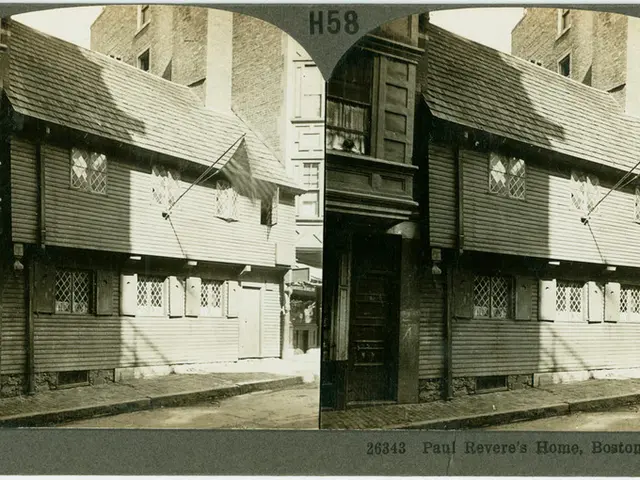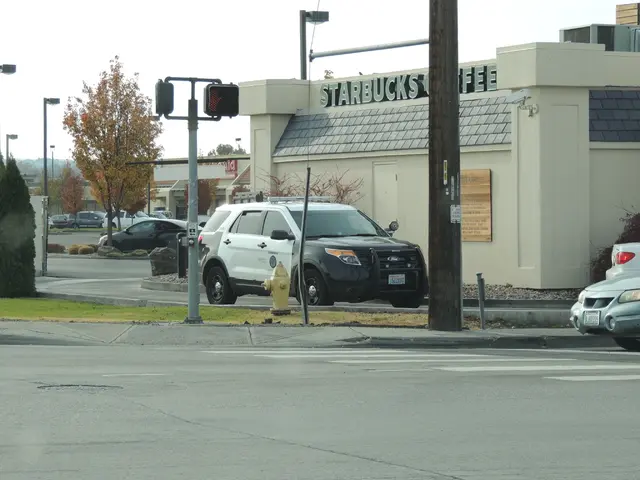Parliamentary Debate Erupted as Amit Shah Introduces Three Bills, Met with Controversy from the Opposition
The Criminal Netas Bill: A Controversial Push for Accountability
In the heart of August 2025's Monsoon Session, Union Home Minister Amit Shah introduced the "Criminal Netas Bill," formally known as the Constitution (130th Amendment) Bill, 2025, to the Lok Sabha. This bill aims to remove the Prime Minister, Chief Ministers, Union Ministers, and Ministers of Union Territories from office if they are arrested and detained for 30 consecutive days on charges punishable by five years or more imprisonment [1][2][4].
Key Features of the Bill
The bill applies to the Prime Minister, Chief Ministers, Union Ministers, and Union Territory Ministers. If any such elected representative is arrested and detained for 30 consecutive days on an offense punishable by five years or more imprisonment, they will be removed from their post by the President or Governor depending on the office [1]. The bill aims to prevent individuals from running governments or executing official duties from jail.
It is important to note that the bill does not affect the majority or functioning of the party in Parliament or Assembly; others in the party will continue governing until the accused is granted bail and returns [2]. The Constitution (130th Amendment) Bill, 2025, along with Government of Union Territories (Amendment) Bill 2025 and Jammu and Kashmir Reorganisation (Amendment) Bill 2025, have been referred to a Joint Parliamentary Committee (JPC) for detailed scrutiny and recommendations [3][4].
Implications and Controversies
Supporters of the bill argue that it is a measure to uphold the dignity of democracy by ensuring that "jail cannot be turned into a CM House or PM House," emphasizing that governance cannot be conducted from incarceration [2][4]. However, the opposition criticizes the bill as "unconstitutional" and a political tool to target and destabilize opposition governments by misusing central agencies to frame non-BJP leaders and push them into jail [2][3].
Opposition leaders like Kapil Sibal have called the bill a "weaponization" of laws and criticized the government’s record on constitutional morality, citing incidents of government toppling in various states allegedly involving misuse of power [3]. Despite opposition resistance and protests, Amit Shah expressed confidence that the bill would pass, arguing that it applies equally to ruling and opposition parties alike and does not spare anyone under the law [4][5].
The "Criminal Netas Bill" is a landmark and contentious legislative effort to ensure elected officials charged with serious crimes and kept in custody for an extended period are automatically removed from power, aiming to strengthen political accountability but facing strong opposition citing risks of misuse. The bill's future remains uncertain as it undergoes scrutiny by the JPC, with its implications for India's political landscape yet to be fully understood.
Read also:
- United States tariffs pose a threat to India, necessitating the recruitment of adept negotiators or strategists, similar to those who had influenced Trump's decisions.
- Weekly happenings in the German Federal Parliament (Bundestag)
- Southwest region's most popular posts, accompanied by an inquiry:
- Discussion between Putin and Trump in Alaska could potentially overshadow Ukraine's concerns








